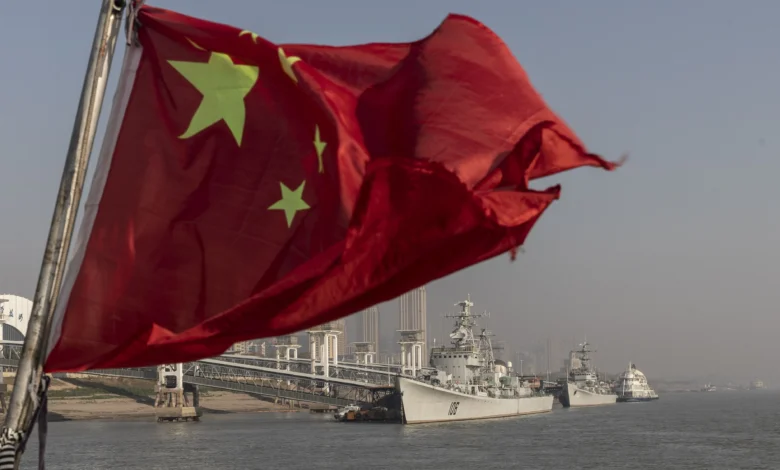China seizes Bhutan’s land, satellite images reveal Chinese houses built on neighbour’s land
The Chinese government is pressuring Bhutan to establish direct diplomatic relations, complicating the geopolitical situation.

New images from satellites has showed Chinese advance into previously held territory by Bhutan, even as China continues to negotiate a boundary compliance with its southern neighbor.
According to researchers, China’s tactic of pushing settlement in disputed areas appears to overshadow current border negotiations, implying an attempt to change conditions on the ground in its favor.
People sandwiched between China and India
It is a move that could have long-term consequences for Bhutan, a small kingdom of less than one million people sandwiched between China and India, with Bhutan’s leaders finding it difficult to address China’s alleged encroachment on villages already sparsely populated by Bhutanese people.
Beijing’s land grab in the Himalayan country’s north was taking the form of a “unsanctioned program of settlement construction across the contested border with Bhutan,” according to open-source analysts John Pollock and Damien Symon in The World Today, a magazine published by the London-based Chatham House think tank.
Their December 1 release featured satellite photos from September that revealed new outposts in Bhutan’s remote Jakarlung Valley, which is part of the Beyul Khenpajong area.
During his tenure as Prime Minister of Bhutan, Lotay Tshering maintained discussions with China. Tshering’s decision shows that the kingdom has no alternative except to reach an agreement with its stronger neighbor to stop the invasion.
The Chinese government is also pressuring Bhutan to establish direct diplomatic relations, complicating the geopolitical situation.
To do so, Bhutan would have to abandon its long-held policy of not maintaining official diplomatic connections with any permanent members of the United Nations Security Council. In the lack of contacts between Thimphu and Washington, the monarchy, for example, has always permitted India to function as its mediator with the US.
Two major waves of “Chinese settlement”
Tshering intimated in a recent interview with an Indian newspaper that talks with Beijing to settle their disputed border may result in a land swap. According to observers, the most likely concessions are Jakarlung and the adjoining Menchuma Valley, which China has already controlled.
Chinese forces were alleged to be present in regions formerly under Bhutanese authority in Menchuma, east of Jakarlung, with native Bhutanese barred entry.
“Troops belonging to China’s People’s Liberation Army are also believed to be stationed in or near the settlements in both areas,” they claimed.
According to the research, Robert Barnett, a Tibet expert at SOAS University of London, noticed “two major waves” of Chinese settlement development in Jakarlung.
“We know that the Chinese authorities are energetically recruiting Tibetans to move to these new locations and putting a lot of money into major construction efforts there,” he said in an interview with The World Today.
These initiatives continue in the context of Bhutan’s fourth fully democratic elections in 15 years. Last Monday, the monarchy began voting in national elections contested by two political parties.
Tshering told the Indian newspaper The Hindu in October that it was just a matter of time until Thimphu and Beijing established connections, but he allowed open for a non-traditional arrangement.
“In theory, how can Bhutan have no bilateral relations with China?” “The question is when and how,” he explained.
Furthermore, India’s status as Bhutan’s security guarantor, established through treaties in 1949 and revised in 2007, contributes to the region’s political dynamic.
New Delhi was keeping a close eye on events in Beijing and Thimphu. Any land swap agreement would have a direct influence on India’s boundaries with China. According to Newsweek, Bhutan has suggested that Thimphu is notifying New Delhi on the status of talks with Beijing.
You might also be intersted in – Dead girl sold for $9,300 as ‘ghost bride’ in China; What’s this tradition?



